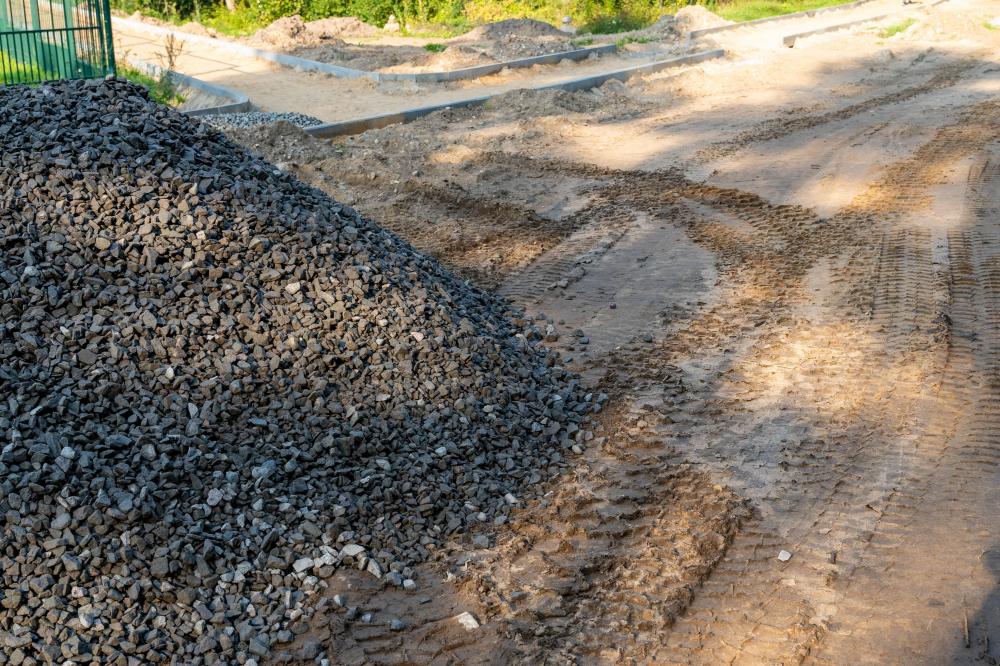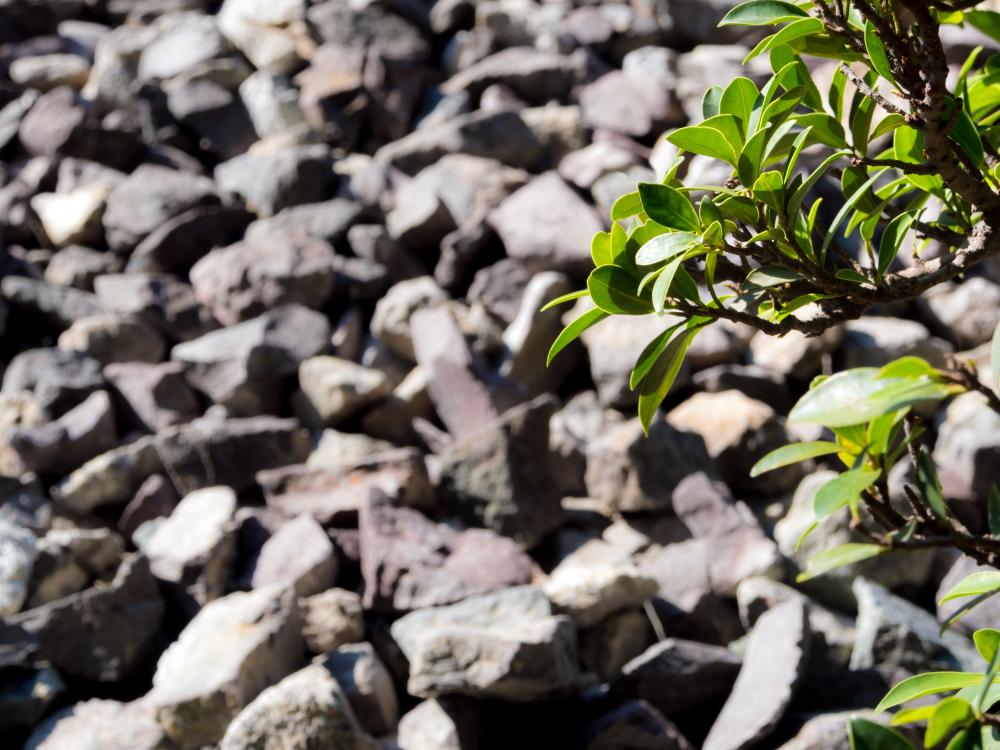
Introduction to Landscape Grading Rock Hill
When it comes to creating a stunning landscape, grading is one of the essential elements that can either make or break the entire appearance of your property. Having operated in the Rock Hill area for years, Elite Earthworks understands the unique geographical challenges and opportunities presented by the local terrain. Grading ensures not only aesthetic appeal but also functional benefits such as improved drainage and soil stability. Whether for residential or commercial projects, the right grading strategy is crucial to set the foundation for any landscape endeavor.
The Essentials of Landscape Grading
Understanding the Concept
Landscape grading involves reshaping the land to allow for effective water drainage, creating a level base for structures, and optimizing the aesthetic of your outdoor space. It is a critical step in both new construction projects and the renovation of existing landscapes. As experts in the field, we at Elite Earthworks utilize cutting-edge machinery to perform precise grading activities, ensuring that the final outcome aligns with your vision and the environmental needs of the property.
Technical Aspects
Various techniques are employed in landscape grading. Cut and fill methods help establish level surfaces, especially in uneven terrains. Employing these methods requires a careful study of soil types and water flow patterns. Our team uses GPS-guided equipment to achieve precise elevations, thereby reducing soil erosion while enhancing landscape appeal. With attention to detail and the right technology, the process becomes seamless and efficient.
Benefits Beyond Beauty
Landscape grading provides benefits that go well beyond visual appeal. Proper grading prevents water from pooling around foundations, which could otherwise lead to structural damage over time. By channeling rainwater safely away from your property, grading helps maintain healthy plants and lawns. It also prepares your land for additional features like patios, driveways, and retaining walls, creating functional outdoor spaces that enhance property value.
Expert Perspectives on Landscape Grading Rock Hill
Challenges Unique to Rock Hill
Rock Hill, with its undulating landscapes and varied soil types, presents unique challenges and opportunities for grading. Different areas within the region demand tailor-made solutions that address soil compaction, drainage issues, and vegetation changes. At Elite Earthworks, our experience has taught us to anticipate these challenges and address them through innovative solutions specific to the Rock Hill landscape.
Real-World Anecdotes
Working on numerous projects, we have encountered properties burdened with improper grading. One standout case was a property plagued by waterlogging and erosion. Our team regraded the land, strategically placed French drains, and installed erosion control features. The clients were astonished to see their previously marshy landscape transform into a thriving garden that remained dry even after heavy rains. Such successful interventions highlight the transformative power of correct grading practices.
Innovative Solutions in Landscape Grading
Modern Techniques
The landscape industry constantly evolves with technology introducing new methods and equipment. Laser grading is one such technique that ensures the highest degree of precision. By using lasers, Elite Earthworks can achieve well-balanced surfaces, particularly important for installations requiring level ground such as sports fields and large gardens.
Sustainability in Grading
Sustainable practices are integral to modern landscape grading. We focus on minimizing soil disturbance and preserving native vegetation. By incorporating sustainable drainage solutions like bioswales and permeable pavements, we aim to create landscapes that are both beautiful and environmentally responsible. Our approach aligns your landscape’s aesthetics with nature’s balance, fostering a sustainable future for Rock Hill.
Common Misconceptions About Landscape Grading
There are numerous misconceptions about landscape grading that we frequently encounter. One common belief is that grading is necessary only for leveling the land. In reality, it’s an essential step for enhancing water management, preventing erosion, and improving plant health. Some property owners initially view grading as an unnecessary expense; however, they soon learn its value in protecting their investment and increasing property longevity.
How to Choose the Right Landscape Grading Expert
Selecting the right professional for landscape grading Rock Hill is crucial for achieving the desired outcome. A qualified expert should possess local knowledge, proven experience, and modern equipment. Ask for portfolio samples or client testimonials to assess past work quality. At Elite Earthworks, our dedication to superior service is reflected in the satisfaction of our long-term clients and our successful track record in grading projects across Rock Hill.
Additionally, transparency in communication is critical. A good expert will listen to your ideas and concerns, explain the grading process, and offer practical solutions while keeping you informed at every step. We pride ourselves on our collaborative approach, ensuring client needs are met with unmatched precision and care. By choosing a landscaping partner who prioritizes these aspects, you ensure a smooth and rewarding landscape transformation.
Importance of Maintenance in Landscape Grading
Once your landscape has been expertly graded, maintaining it is vital to ensure its functionality and beauty over time. Regular inspection of drainage systems and erosion control measures is crucial to address any issues promptly. Landscaping is a continuously evolving project, and periodic checks are necessary to adapt to environmental changes.
Simple maintenance routines such as cleaning drainage channels and controlling vegetation growth can prevent major issues down the line. Our team at Elite Earthworks provides post-installation support and guidance, equipping you with the knowledge needed to preserve your landscape’s graded appeal. This commitment to maintenance enhances the landscape’s longevity and performance, giving you peace of mind and a stunning outdoor space for years to come.

How does landscape grading work?
Landscape grading involves reshaping the land to achieve proper drainage, enhance the landscape’s aesthetic, and prepare the site for construction. We start by assessing the land’s natural topography and drainage patterns. Using state-of-the-art equipment, such as GPS-guided machinery, we precisely adjust elevations to direct water flow away from structures and prevent erosion. This process not only protects your property from water damage but also sets the stage for beautiful landscaping features. Picture a homeowner struggling with waterlogged areas ruining their garden–proper grading can transform that space into a lush, usable area. Have you noticed any drainage issues on your property?
What is the slope for grading landscape?
Generally, a slope of about 1% to 2% is recommended for effective landscape grading, which translates to a 1 to 2-foot drop over 100 feet. This minimal slope ensures water flows away from buildings, reducing the risk of foundation issues. For steeper slopes, additional measures, like retaining walls, might be necessary to prevent erosion. For instance, a commercial property in Rock Hill faced runoff problems due to excessive slope. By regrading the land and incorporating retaining structures, we managed to stabilize the area and improve drainage significantly. Have you considered how the slope of your land might be affecting your landscape’s health?
How do you measure a landscape grade?
Measuring a landscape grade involves determining the land’s slope or incline. We use tools like laser levels and GPS equipment to achieve accurate measurements. These tools help us ensure that the slope is consistent and suitable for directing water flow. For the DIY enthusiast, a basic way is to use two stakes and a string level to check the elevation change between two points. However, for precision and to address complex drainage issues, professional equipment is best. If you’re unsure about your property’s grading, consider reaching out for a consultation. Have you tried measuring your landscape grade before, and how did it go?
Why is sustainable practice important in grading?
Incorporating sustainable practices in grading is crucial for environmental health and regulatory compliance. By minimizing soil disturbance and using sustainable drainage solutions, like bioswales or permeable pavements, we reduce the environmental impact. These methods not only improve water management but also preserve natural habitats and reduce resource usage. Recently, we transformed a residential property in Rock Hill using permeable driveways and native vegetation buffers, enhancing both its aesthetics and ecological balance. Do you think your property could benefit from more sustainable landscaping practices?
What are the common misconceptions about landscape grading?
One common misconception is that grading is only about leveling the ground. While creating a level base is essential, proper grading also manages water flow, prevents erosion, and enhances plant health. Another myth is that grading is an unnecessary expense, but in reality, it’s an investment protecting your property’s structure and longevity. We’ve worked with many clients who initially viewed grading as optional–only to see its true value after experiencing rain-related issues. It’s important to approach grading with a comprehensive understanding of its benefits. What misconceptions did you have about landscape grading before learning more?
Resources
- Environmental Protection Agency – The official website of the Environmental Protection Agency, providing information on environmental regulations and best practices.
- U.S. Department of Agriculture – The official website of the U.S. Department of Agriculture, offering resources on agriculture, land management, and conservation.
- National Agricultural Library – The National Agricultural Library’s website, offering access to agricultural information and resources.
- U.S. Geological Survey – The official website of the U.S. Geological Survey, providing geological data and maps for various regions.
